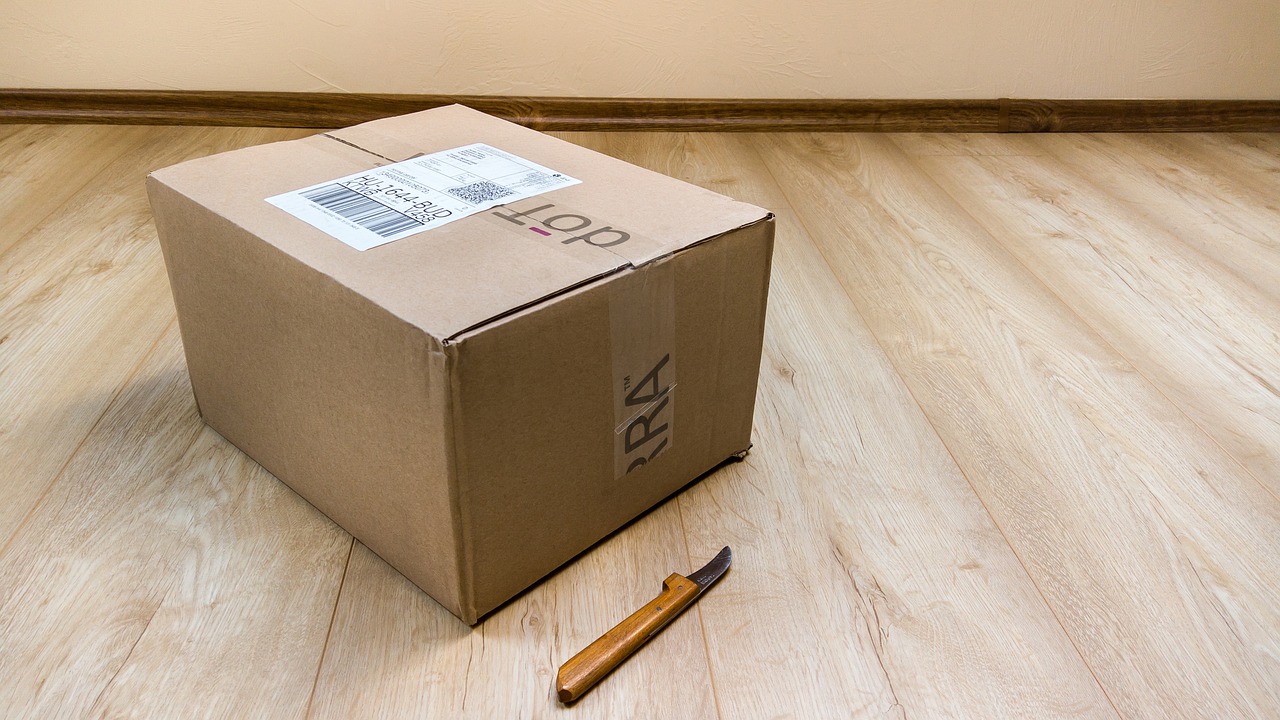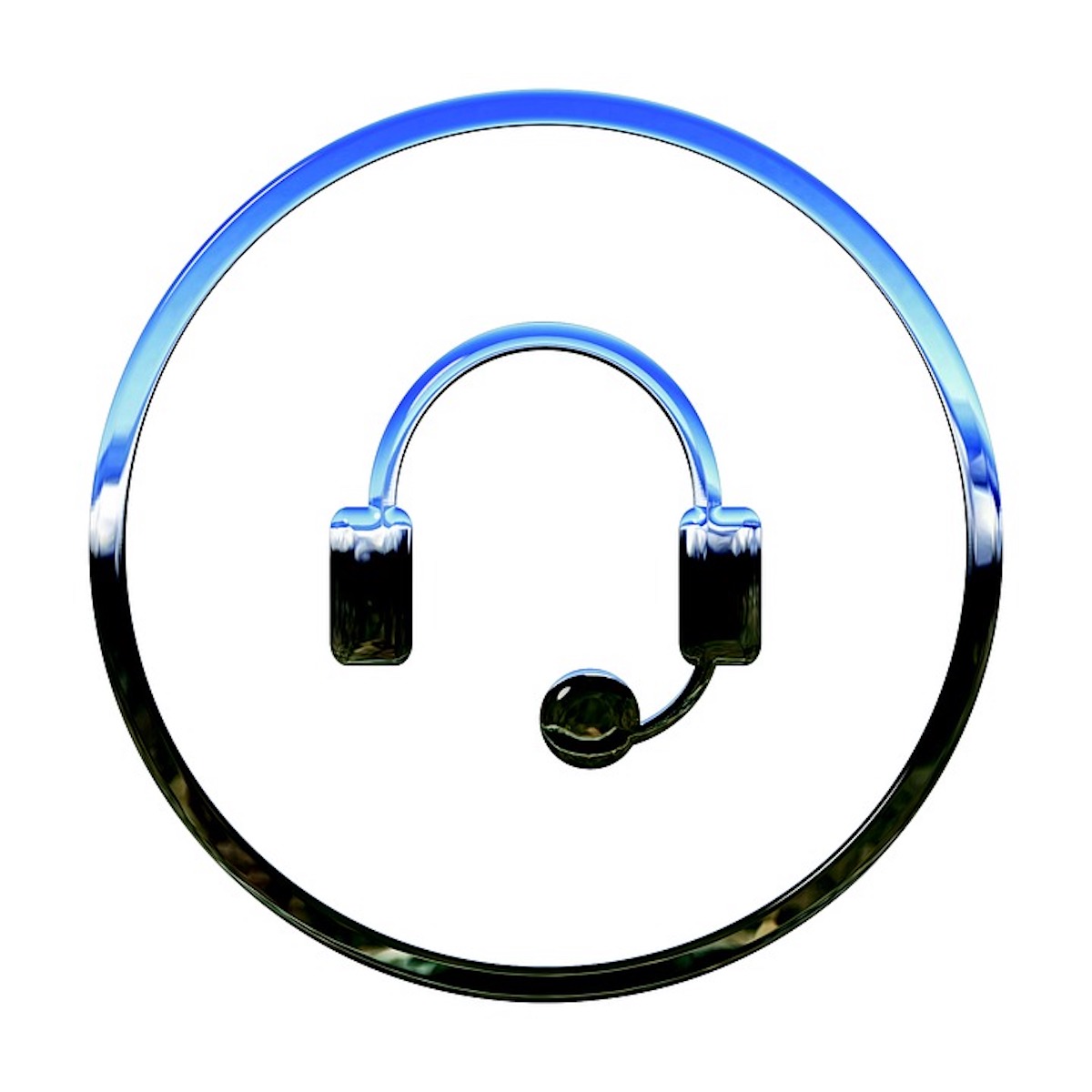Budgeting is a crucial aspect of personal finance management, helping individuals track their income, expenses, and savings goals. While it’s essential to monitor all expenses, recurring expenses merit special attention due to their regularity and potential impact on long-term financial health. In this article, we’ll discuss the importance of reviewing recurring expenses in your budgeting process and when it’s best to do so.
Understanding Recurring Expenses
Recurring expenses are payments that individuals make on a regular basis, typically monthly or annually, for essential services or subscriptions. These may include rent or mortgage payments, utilities, insurance premiums, subscription services (such as streaming platforms or gym memberships), and loan repayments.
Importance of Reviewing Recurring Expenses

- Financial Awareness: Reviewing recurring expenses provides individuals with a clear understanding of where their money is going each month. It helps them identify areas where they may be overspending or where costs can be optimized.
- Budget Accuracy: By incorporating recurring expenses into your budget, you ensure that your financial plan accurately reflects your true expenses. This prevents surprises and allows for better financial planning.
- Identifying Cost Saving Opportunities: Regularly reviewing recurring expenses allows individuals to identify opportunities for cost savings. It may involve negotiating better rates with service providers, switching to more cost-effective alternatives, or eliminating unnecessary subscriptions.
- Aligning with Financial Goals: Understanding recurring expenses helps individuals align their spending habits with their financial goals. By cutting down on non-essential recurring expenses, they can allocate more funds towards savings, debt repayment, or other financial objectives.
When to Review Recurring Expenses

- Monthly Basis: It’s advisable to review recurring expenses on a monthly basis as part of your budgeting routine. This allows you to track changes in expenses and address any discrepancies promptly.
- During Budget Planning: When creating or updating your budget, dedicate time to thoroughly review all recurring expenses. Ensure that they are accurately accounted for and that there are no overlooked or forgotten subscriptions.
- Life Changes: Review recurring expenses whenever significant life changes occur, such as moving to a new home, changing jobs, or experiencing a change in family status. Adjust your budget accordingly to accommodate these changes.
- Annually or Biannually: Consider conducting a comprehensive review of recurring expenses annually or biannually. This allows you to assess long-term spending patterns, evaluate the necessity of subscriptions, and make adjustments as needed.
Understand When to Review Recurring Expenses
Regularly reviewing recurring expenses is essential for effective budget management and financial planning. By understanding the significance of recurring expenses and when to review them, individuals can maintain control over their finances, identify opportunities for savings, and align their spending with their financial goals. Make it a habit to incorporate recurring expense reviews into your budgeting process to ensure financial stability and well-being in the long run.




